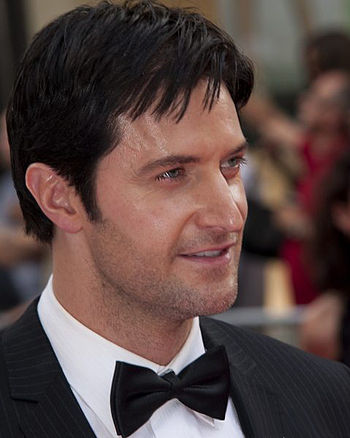Best Genre Treatment 2
For the best genre treatment 2, let’s take a look at my best stories in four more genres. Hence these are what are (to me) my best Star Trek fan fiction stories in particular writing genres.
Historical
There can only be one for the Best Genre Treatment 2.
While I also love Crackerjack, and all of the HG Wells stories, I believe that, by far, my best historical fiction story is Concord.
I have never, ever worked so hard to get a story right, than I did with Concord.
From its cover (that’s the bridge leading from Lexington to Concord and, yes, there was an engagement on it), to determining whether men would tip their hats to women (yes), to figuring out Colonial Era market prices, to even deciding the name of one of the cows, Concord is an absolute labor of love.
The premise of the story is an interphase: Malcolm is transported to April 1775 Lexington, Massachusetts, and takes the place of an ancestor, just as a future time traveler, during the time of the Genesis Project, takes the place of his own ancestor, who is fighting alongside Malcolm’s ancestor. Injured in the fighting, Malcolm and the time traveler, Robert Lennox, are quartered in a home, where they meet, among other people, Benjamin Warren.
IDIC
Infinite Diversity in Infinite Combinations brings to mind LGBTQ story lines. In this genre, my favorite (which is also a reader favorite) is Detached Curiosity & Idle Speculation.
Working as both a prequel to There’s Something About Hoshi and a sequel to the E2 stories, Detached tells the story of how Dave Constantine and Frank Todd started dating.
With what is almost 20/20 hindsight, the men know that they were together and that their relationship worked out. But it’s still tentative and a little strange. But when they kiss, you want to cheer.
Romance
This was easily the most difficult decision, to figure out which was the best of these many stories. Three stories get an honorable mention here. First is The Reptile Speaks, which is a Gorn romancing a Cardassian. I loved the idea of putting together a rather different couple, and how someone who looks so menacing could, at bottom, be a truly good person.
Reversal has to be mentioned, as it is not only the love of the dark stranger for the light, but it’s also an amazing kick-off story. A ton of roads lead straight to Reversal.
The Honky Tonk Angel also deserves mention, as it’s another odd couple type of story, as Kevin O’Connor and Jhasi Tantharis go on their first date.
But the winner, the best one (and I might change my mind tomorrow) is The Three of Us .
All of the E2 stories were labors of love, but Three is really the big one. That is also due to, in part, its size.
Characters move from misbehaving and acting childishly, to acting criminally, to eventually maturing. Kindness, friendship, and togetherness, lead to more.
As you might expect from such a title, the relationship is an unconventional one.
But the parties persevere, and grow, as time pulls them along and they experience not just romantic love, but also brotherhood, fellowship, parenthood, and, ultimately, tragedy.
This image becomes particularly important, and is a part of one of the story’s many high points.
I love this story, from its tentative, scared, damaged people, to its criminals, to its hopefulness, to its sorrow. As Lili O’Day says in Fortune, “There is something there.”
Tragedy
Nothing really comes close to Seven Women, when it comes to tragedy. From the very start, I tell the reader that Tommy Digiono-Madden is going to die. A fireball is coming, the fire door is shut, and he cannot outrun any of it. He knows this is it. But instead of having his life flash before his eyes, Tommy instead thinks of seven pivotal women in his life. They range from the three women he called mother, to his first girlfriend, and more.
This was a character I had only written little snippets of, and very few as an adult. As readers got to know Tommy, so did I. The best decision I made in that story was to not bow to internal pressure to give him a happy ending.
Spoiler alert: he doesn’t get one.
Upshot
The best romance story was easily the hardest of these decisions to make. Tune in; I may do this again next year.











